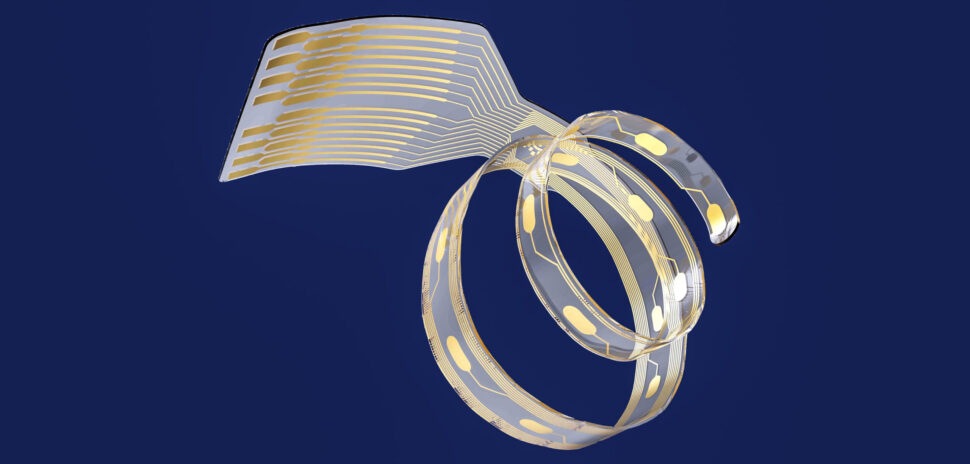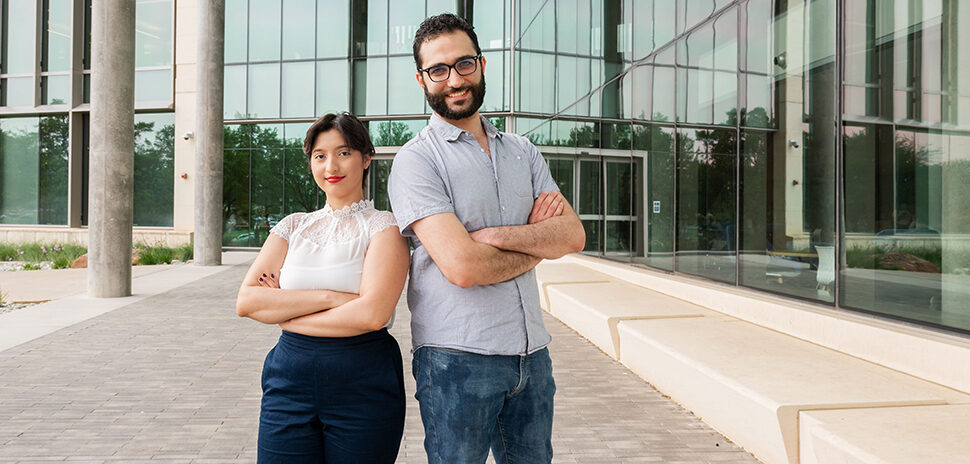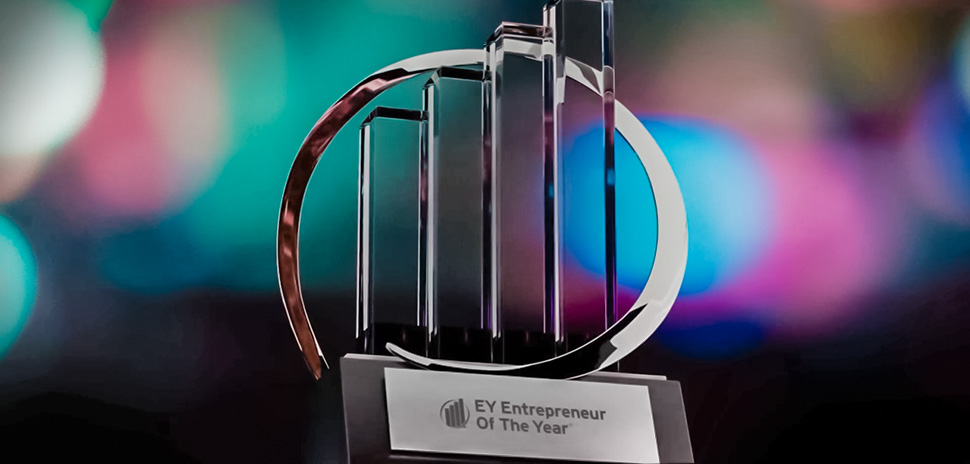With new funding, Qualia Oto says it’s entering the “next stage of corporate growth” and is one step closer to its mission of restoring hearing to those who have lost it.
While not disclosing names of its new backers, the UT Dallas-based company that’s developing the next generation of cochlear implants announced closing an approximately $1.64 million Series A preferred round. The funding will help Qualia Oto begin larger-scale development and testing of its technology.
“Ours is a novel approach,” Benedict Voit, Qualia Oto’s CFO, told Dallas Innovates.”Cochlear implants have been one of the most prevailing neural prostheses, yet their fundamental design features, based on bundled wire electrodes and hand-assembled manufacturing processes, have remained relatively unchanged over the past decades.”
A new approach to cochlear implants

Qualia Oto co-founders (left to right) Dr. Walter Voit, Connie Manz, and Dr. Kenneth Lee [Photos: Qualia Oto]
Unlike typical cochlear implants that use bundles of wires attached to a receiver to stimulate the auditory nerve, Qualia Oto’s implant uses thin-film electrode arrays embedded in a polymer, allowing for more contact with the inner ear. That translates to a higher quality and range of sounds that are able to be transmitted.
Adding to that innovation, the polymer technology Qualia Oto uses can be softened, then re-hardened once inserted, allowing for the implant to penetrate deeper into the ear and creating more contact between the electrodes and nerves.
May also be a drug delivery method
Along with seeing the technology as a way to enhance hearing in patients through improving on the cochlear implant design, the company also sees it as a potential drug delivery method. While still in the initial stages, Voit said the company is currently researching and developing ways to fabricate dissolvable microneedles into the polymers, allowing for more precise delivery of drugs to the inner ear.
“As it relates to corporate development, we’re expanding collaborations with other universities and private laboratories, and we’re considering the expansion of our research and production capabilities with partnering facilities,” Voit said.
Qualia Oto also backed by NFS grant
As an affiliate of Qualia, Inc., Qualia Oto applies the former’s polymer-chemistry and engineering intellectual property toward advancing the aural space, with an emphasis on designing superior cochlear implants. While Qualia Oto was formed in 2017 by serial entrepreneurs Walter Voit, a tenured professor at UT Dallas, and Connie Manz, along with UT Southwestern surgeon Dr. Kenneth Lee, the company began independent operations in 2020.
The Qualia Oto team has since grown to seven, picking up traction along the way through a $100,000 prize at UT Dallas’ Big Idea Competition last year in the research and commercialization track, along with landing a nearly $234,000 Phase I STTR grant from the National Science Foundation this April.
Eying new capabilities
With new funding secured, Qualia Oto says it will be focused on “larger-scale” development and testing of its polymers and electrode transistors, with the goal of signing cooperative development agreements with global cochlear implant companies.
In addition, it’s looking to expand its research and production capabilities both in the U.S. and beyond. Voit added that the company is currently working on applying for a Phase II grant from the NSF that would allow it to begin animal studies with its technology. Qualia Oto is also working with advisors from a UT Dallas, UT Southwestern, and Carnegie Mellon to submit grant applications for the NSF and National Institutes of Health to further develop its drug-delivery capabilities, specifically targeting Ménière’s disease.
“While the intellectual underpinnings of our technology are fascinating, the application is ultimately what matters,” Voit said. “Our hope is that we can integrate our innovative designs into the market as quickly and safely as possible to enhance the quality of life for those who are without fully-functional hearing.”
![]()
Get on the list.
Dallas Innovates, every day.
Sign up to keep your eye on what’s new and next in Dallas-Fort Worth, every day.






































































